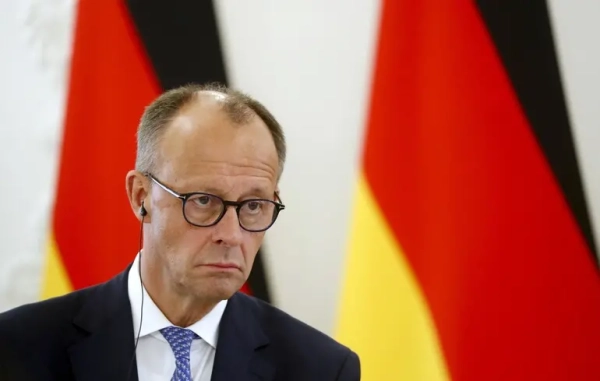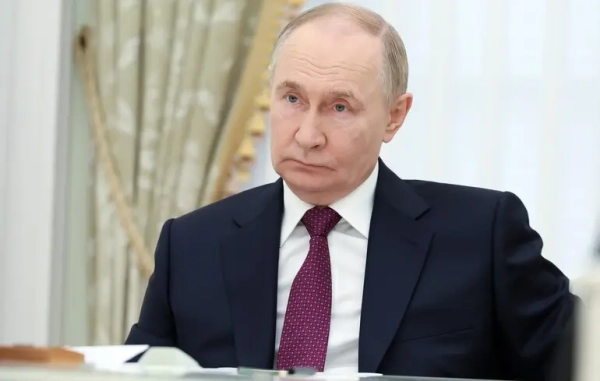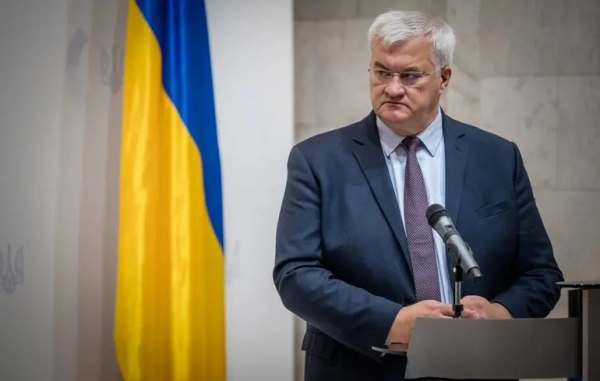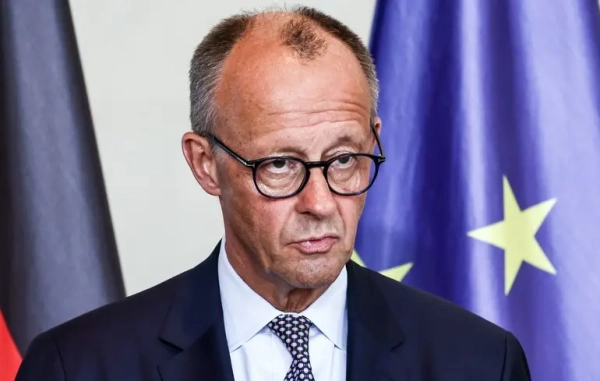
© EPA/TOMS KALNINS The party wants the government to allocate more funds for air defense for Ukraine.
The German opposition Green party is increasing pressure on Chancellor Friedrich Merz, criticizing his coalition for refusing to allocate billions in additional funds for Ukraine.
The dispute arose during last week's protracted budget meeting, in which the Bundestag's budget committee finally approved the state spending plan for 2025. This discussion was postponed due to early elections in February, writes Politico.
The Green Party has proposed an amendment that would allocate an additional 4.5 billion euros to Ukraine, partly to finance additional air defense systems. The funds would increase Berlin's spending on Ukraine from 8.26 billion euros to 12.76 billion euros this year.
Green Party MP Sebastian Schaefer linked this demand to the ongoing Russian attacks on Ukrainian cities.
“Thanks to the 2025 budget, we could provide additional air defense. Unfortunately, Jens Spahn and Matthias Mirsch are rejecting this proposal, despite their promises made a week ago in Kyiv,” wrote Schaefer, referring to the leaders of the parliamentary factions of the Social Democrats (SPD) and Christian Democrats (CDU).
The Green Party insists that Germany cannot limit itself to compensating for reduced US aid, but must exceed it, warning that without enhanced air defense, Ukraine risks serious defeats at the front, while Russia strengthens its positions.
Coalition lawmakers responded by calling the Greens' proposals political PR. Social Democrat lawmaker Andreas Schwarz said the additional billions would be impossible to spend this year anyway due to long arms delivery times and budget rules.
Germany is the second largest military donor to Ukraine, having allocated €16.7 billion since the start of the full-scale war, while the US has provided €64.6 billion.
Germany’s broader budget, approved on September 4 (but still subject to parliamentary approval in early October), already includes around €4.2 billion in additional military aid to Ukraine in 2025, as well as around €50 million for medical care for wounded Ukrainian soldiers in Germany. The rest of the €8.26 billion total will go to humanitarian and reconstruction projects.
Recall that German Chancellor Merz has become a major target of Russian disinformation. Experts emphasize that the Chancellor quickly became one of the main targets of the Russian campaign due to his unwavering support for Ukraine.






